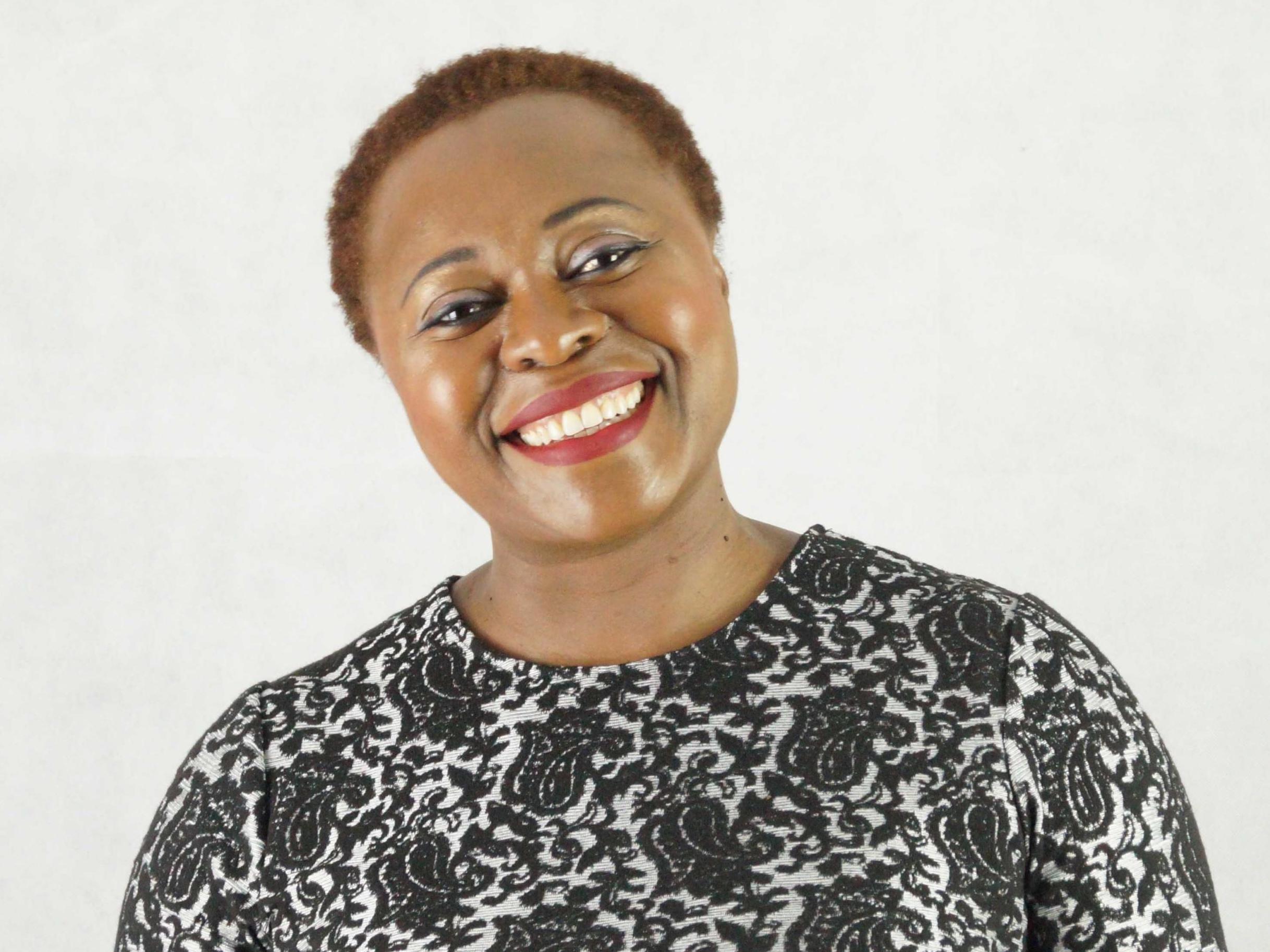Bristol University appoints black history professor to expose institution's links with slave trade
'We acknowledge we financially benefited indirectly via philanthropic support,' institution says

A black history professor has been appointed by the University of Bristol to uncover its historical links to the transatlantic slave trade.
Olivette Otele will take up her new role as Professor of the History of Slavery in January, becoming the UK's first female black history professor in the process.
She will undertake a two-year research project on the involvement of the University of Bristol and the wider city in the slave trade.
It comes after a number of universities, including Cambridge, have launched inquiries to uncover how their institutions may have benefited from slave trade.
Professor Otele’s research examines the legacies of colonial pasts, understanding trauma, recovery and social cohesion, as well as a reluctance to address such issues.
Bristol’s official participation in the transatlantic slave trade started in 1698, though experts say ships from the city illegally traded in slaves well before then.
Merchants also financed more than 2,000 slaving voyages between 1698 and 1807, with ships carrying more than 500,000 people from Africa to slave labour in the Americas.
Professor Judith Squires, provost and deputy vice-chancellor at the university, said: "As an institution founded in 1909, we are not a direct beneficiary of the slave trade, but we fully acknowledge that we financially benefited indirectly via philanthropic support from families who had made money from businesses involved in the transatlantic slave trade.
"This new role provides us with a unique and important opportunity to interrogate our history, working with staff, students and local communities to explore the university's historical links to slavery and to debate how we should best respond to our past in order to shape our future as an inclusive university community."
Professor Otele, who currently works at Bath Spa University, said she was "very much looking forward" to starting her new role.
She said: "I want students to see me as a facilitator of a dialogue that needs to take place and that is about the role of the University of Bristol in the transatlantic slave trade.I want to produce a rigorous and an extensive piece of research that will be relevant to the university, to the city and that will be a landmark in the way Britain examines, acknowledges and teaches the history of enslavement."
Professor Otele became UK's first black female history professor in October last year.
A recent Royal Historical Society report revealed that nearly a third of black and minority ethnic historians in UK universities have directly experienced discrimination or abuse because of their race.
Additional reporting by Press Association
Subscribe to Independent Premium to bookmark this article
Want to bookmark your favourite articles and stories to read or reference later? Start your Independent Premium subscription today.

Join our commenting forum
Join thought-provoking conversations, follow other Independent readers and see their replies